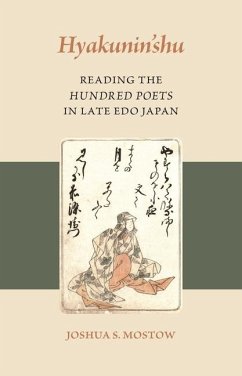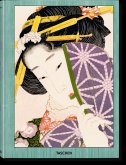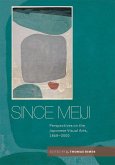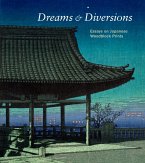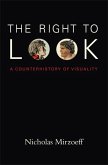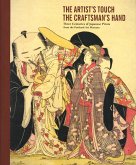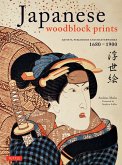"Hyakunin'shu: Reading the Hundred Poets in Late Edo Japan explores the "popular literary literacy" of the Japanese at the edge of modernity. By reproducing and translating a popular annotated and illustrated Ansei-era (1854-1859) edition of the Hyakunin isshu-for hundreds of years the most basic and best-known waka primer in the entire Japanese literary canon-Joshua Mostow reveals how commoners of the time made sense of the collection. Thanks to the popularization of the poems in the early modern period and the advent of commercial publishing, the Hyakunin'shu (as it was popularly called) was no longer the exclusive intellectual property of the upper classes but part of a poetic heritage shared by all literate Japanese. Mostow traces the Hyakunin'shu's history from the first published collections in the early sixteenth century and printed commentaries of formerly esoteric and secret exegesis to later editions that include imagined portraits of the poets and, ultimately, pictures of the "heart"- pictorializations of the meaning of the poems themselves. His study illuminates the importance of "variant One Hundred Poets," such as the Warrior One Hundred Poets, in popularizing the collection and the work's strong association with feminine education from the early eighteenth century onward. The National Learning (Kokugaku) movement pursued a philological analysis of the poems, leading to translations of the Hyakunin'shu into contemporary, vernacular, spoken Japanese. The poems eventually served as the basis of a card game that became a staple of New Year festivities. This volume presents some innovations in translating premodern Japanese poetry: in the Introduction, Mostow considers the Hyakunin'shu's reception during the Edo, when male homoerotic relationships were taken for granted, and makes the case for his translating the love poems in a non-heteronormative way. In addition, the translated poems are lineated to give readers a sense of the original edition's chirashi-gaki, or "scattered writing," allowing them to see how each poem's sematic elements are distributed on the page"--
Hinweis: Dieser Artikel kann nur an eine deutsche Lieferadresse ausgeliefert werden.
Hinweis: Dieser Artikel kann nur an eine deutsche Lieferadresse ausgeliefert werden.

